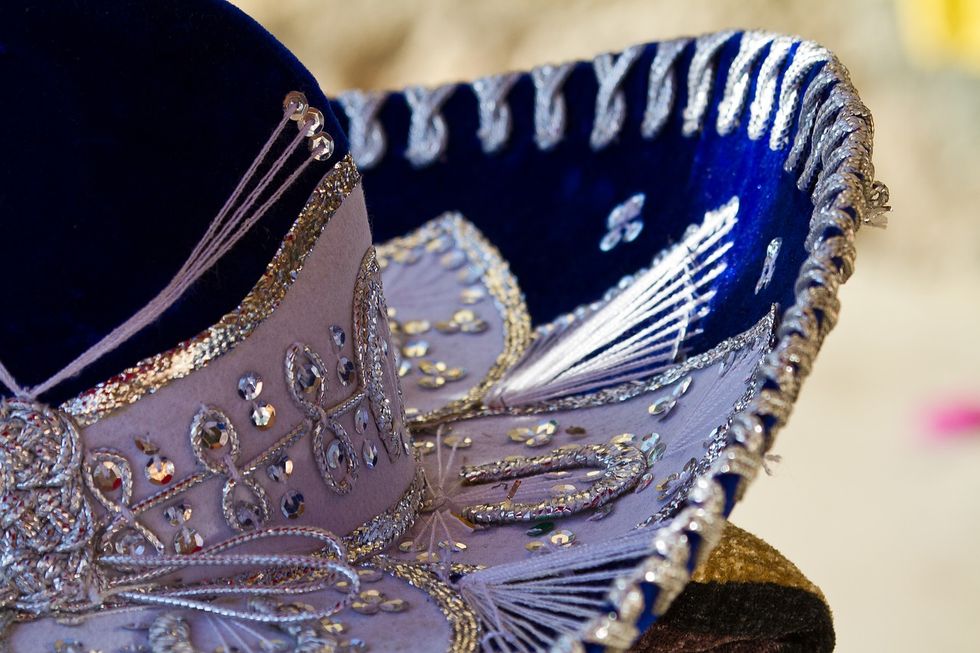Cinco de Mayo, a date often confused with Mexico's independence day (September 16), has become so Americanized that it has lost its meaning and true roots, becoming nothing but an excuse to booze up and eat "Mexican" food, such as burritos and fajitas. These two foods, considered truly Mexican, are nothing but an American invention that is eaten everywhere but in Mexico. Yes. Burritos are not Mexican.
But, returning back to the roots of Cinco de Mayo, it originated after a 19th century battle was won by the Mexican army against France, a country unhappy with Mexico being unable to pay the loans lended. The Mexican army, badly outnumbered and out-gunned, with the help of the Zacapoaxtla indigenous people, managed to win an amazing victory against the French, a military power once deemed "unbeatable" in the town known as Puebla, offering Mexico a glimmer of hope in what seemed a grim future. In Mexico, Cinco de Mayo is better known as the Battle of Puebla. However, it is not widely celebrated like it is in America.
Cinco de Mayo, a struggle for Mexican liberation, became a U.S. holiday because of the close ties both countries had to each other based on their fights against European imperialism as, according to some historians, had the French won the Battle of Puebla, then the outcome of the American Civil War would have been extremely different for, historians contend, that the French would have used the pretense of collecting debt in Mexico to join ranks with the Confederates and defeat the North, resulting in the creation of an oligarchical, slave-holding government from the Mason Dixie line to Guatemala.The Battle of Puebla, making the French army stop long enough to recover from their loss, allowed the Union army to gain momentum, ultimately allowing the victory of the North.
This potential link between Mexico and the United States, drove the Mexican-American population to celebrate the date as a part of the cause for the abolishment of slavery, going as far to create state parades for it. However, by the 1970's, Mexican-Americans used Cinco de Mayo as a rallying cry for their rights and equality in a white-washed U.S. Over time, these celebrations, becoming so widespread, spawned profit-crazed corporations to make a commemorable date nothing but a profitable venture.
This is just what capitalism does to holidays in America, eventually the Mexican heritage lying forgotten as people celebrate a date known as Mexico's independence day while downing margaritas and mojitos.
















